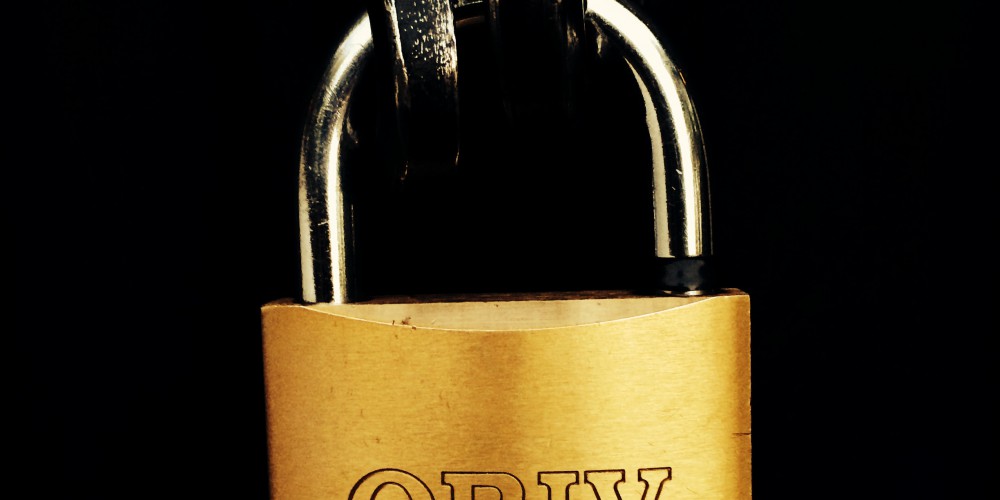Why should children hate school?

If you have young children, you are likely to have faced a familiar problem this week, pretty much anywhere in the world.
As your children ended their Christmas holidays and went back to school, what happened? It’s safe to predict that virtually every child out there descended into deep gloom as the time to return to the place of schooling loomed closer.
That’s how it is, for most kids, after most holidays. That’s how it was for most of us when we were kids, too. It’s natural. It’s the way of the world. The children should take it on the chin and move on. They’ll be fine after a few days.
That’s what most of us think, isn’t it? But is this truly a natural state of affairs? Why should schooling of young children involve misery and a feeling of bondage?
There’s a standard answer to that question, and it goes something like this. A school is not a place of fun. It is a serious institution tasked with serious work. Young children go astray very easily. They must be drilled into obedience if they are to take their role in society seriously. They must adhere to strict timetables; they must accept authority; they must be punished for misbehaviour; they must be told what is what, and what is not.
You’ve heard that rationale. You may have even expressed it. That’s how we were brought up, and that’s how it should always be, no?
No. Tell it to the birds. Let us remind ourselves that we are talking about children as young as two or three years old, in many cases. Children. Little people. What part of our world demands, requires, that toddlers and infants must be made to lose their sense of fun and be subjected to the atmosphere and style of a prison camp?
As I have written here before: these are the norms of bygone eras. Once upon a time, young children had, of necessity, to be drilled in warfare and acquire strict discipline early on in life. Once upon another time, young children had to be prepared to spend a lifetime working on fields and in factories, and therefore needed to be ready to follow instructions.
Once the human being gets an imprint of behaviour and culture, it seems to take generations, even centuries to remove it. Looked around recently? For most of us, that is not the world our children need to be prepared for. We are facing a world where interconnected machines, robots, computers, drones and self-driving vehicles are going to be the norm. Good luck to your well-drilled kid in competing with those androids, who will be efficiently obedient for free.
Let me be clear: I do not want my child to be unruly, ill-mannered, insolent or unpunctual. I do not want that for any child. But at the same time I do not believe those are ‘natural’ behaviours in children that have to beaten out of them. Education is a lifelong process of enlightenment, hinged on deeply held values. It does not need to involve misery at any stage. Structure and discipline, yes. Being subjected to harshness and numbing tedium, no.
Are we surprised that those young children who hate primary school usually go on to hate higher education, hate their jobs, and indeed hate their lives?
But let me not tar every school with the same brush. We should applaud those institutions that treat children with respect, not condescension; who invoke the spirit of inquiry, not of blind acceptance; who treat children as individuals and allow choice where it matters; who create an atmosphere of fun and engagement, not intimidation and fear. We should look out for these schools, and support them when we find them.
Our children need to be awakened, not tamed.

Buy Sunny Bindra's new book
The X in CX
here »
Popular Posts
- Where are you rushing to—your funeral?June 29, 2025
- How to spot a real thinkerJune 15, 2025
- The pause that saves usJune 8, 2025
- Built the app, forgot the flowJune 22, 2025
- The map will appear—once you start walking.July 6, 2025















